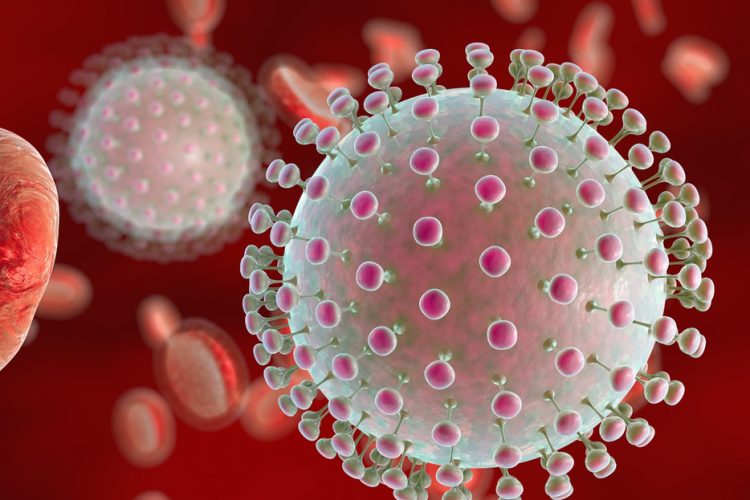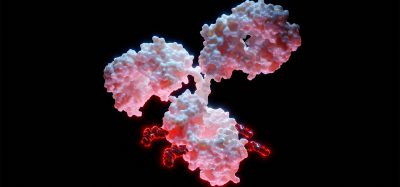Zika virus kills brain cancer stem cells
Posted: 5 September 2017 | Dr Zara Kassam (Drug Target Review) | No comments yet
New research shows that the Zika virus kills brain cancer stem cells…


New research shows that the Zika virus kills brain cancer stem cells, the kind of cells most resistant to standard treatments.
The findings suggest that the lethal power of the virus – known for infecting and killing cells in the brains of a fetus, causing babies to be born with tiny, misshapen heads – could be directed at malignant cells in the brain. Doing so potentially could improve people’s chances against a brain cancer – glioblastoma – that is most often fatal within a year of diagnosis.
“We showed that Zika virus can kill the kind of glioblastoma cells that tend to be resistant to current treatments and lead to death,” said Dr Michael Diamond, the Herbert S. Gasser Professor of Medicine at Washington University School of Medicine.
The standard treatment is aggressive – surgery, followed by chemotherapy and radiation – yet most tumours recur within six months. A small population of cells, known as glioblastoma stem cells, often survives the onslaught and continues to divide, producing new tumour cells to replace the ones killed by the cancer drugs.
In their neurological origins and near-limitless ability to create new cells, glioblastoma stem cells reminded postdoctoral researcher Dr Zhe Zhu, of neuro-progenitor cells, which generate cells for the growing brain. Zika virus specifically targets and kills neuro-progenitor cells.
In collaboration with co-senior authors Dr Diamond and Dr Milan Chheda, of Washington University School of Medicine, and Dr Jeremy Rich, of University California San Diego, Dr Zhu tested whether the virus could kill stem cells in glioblastomas removed from patients at diagnosis. They infected tumours with one of two strains of Zika virus. Both strains spread through the tumours, infecting and killing the cancer stem cells while largely avoiding other tumour cells.
The findings suggest that Zika infection and chemotherapy-radiation treatment have complementary effects. The standard treatment kills the bulk of the tumour cells but often leaves the stem cells intact to regenerate the tumour. Zika virus attacks the stem cells but bypasses the greater part of the tumour.
“We see Zika one day being used in combination with current therapies to eradicate the whole tumour,” said Dr Chheda, an assistant professor of medicine and of neurology.
To find out whether the virus could help treat cancer in a living animal, the researchers injected either Zika virus or salt water (a placebo) directly into the brain tumours of 18 and 15 mice, respectively. Tumours were significantly smaller in the Zika-treated mice two weeks after injection, and those mice survived significantly longer than the ones given salt water.
If Zika were used in people, it would have to be injected into the brain, most likely during surgery to remove the primary tumour. If introduced through another part of the body, the person’s immune system would sweep it away before it could reach the brain.
The idea of injecting a virus notorious for causing brain damage into people’s brains seems alarming, but Zika may be safer for use in adults because of its primary targets – neuro-progenitor cells – are rare in the adult brain. The foetal brain, on the other hand, is loaded with such cells, which is part of the reason why Zika infection before birth produces widespread and severe brain damage, while natural infection in adulthood causes mild symptoms.
The researchers conducted additional studies of the virus using brain tissue from epilepsy patients and showed that the virus does not infect non-cancerous brain cells.
As an additional safety feature, the researchers introduced two mutations that weakened the virus’s ability to combat the cell’s defences against infection, reasoning that the mutated virus still would be able to grow in tumour cells – which have a poor antiviral defence system – but would be eliminated quickly in healthy cells with a robust antiviral response.
When they tested the mutant viral strain and the original parental strain in glioblastoma stem cells, they found that the original strain was more potent, but that the mutant strain also succeeded in killing the cancerous cells.
“We’re going to introduce additional mutations to sensitise the virus even more to the innate immune response and prevent the infection from spreading,” said Dr Diamond,”Once we add a few more changes, I think it’s going to be impossible for the virus to overcome them and cause disease.”
The findings are published in The Journal of Experimental Medicine.
Related topics
Oncology, Stem Cells, Target Molecule
Related conditions
Cancer
Related organisations
Washington University School of Medicine
Related people
Dr Jeremy Rich, Dr Michael Diamond, Dr Milan Chheda








